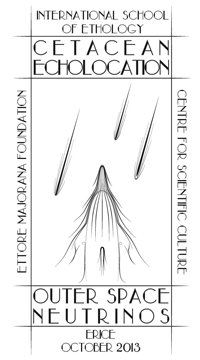Speaker
Hong Young Yan
(Taiwan)
Description
Sound travels efficiently underwater, therefore, it could impact large areas of water body where fish and marine mammals live. Underwater anthropogenic sounds are ubiquitous due to extensive human activities into the aquatic environments. Many studies have documented deleterious effects of underwater noise on fishes and mammals which include: temporary or permanent hearing threshold shift, deafness, loss of vestibular function, changes in: vocalizations, respiration, swim speed, diving, foraging behaviors; displacement, shifts in migration path, stress, strandings, changes in social behaviors, reduced communication and echolocation efficiency, hampered avoidance of anthropogenic threats, hampered parental care or bonding, chronic effects (e.g., stressed-related physiological changes) or indirect effects (e.g., reduced prey availability due to responses of prey to sound effect). The underlying mechanisms of acoustic trauma is largely results from mechanical damages to sensory hair cells or biochemical damages due to oxidative stresses caused by the production of reactive oxygen species (ROS). ROS production disrupts neuronal transmission promotes oxidative DNA injury, and contributes to peroxidative damage to membrane lipids of the cochlae. Conversely, decreased ROS formation, increased ROS scavenging capabilities, or increased antioxidant levels are associated with a reduction in threshold shifts after noise exposure. Thus, oxidative damage is a consequence of increased oxidative stress, decreased antioxidant potential, or the combination of the two. In contrast with mammals, the ears of fish (sharks, rays and bony fish) can produce hair cells throughout life and therefore any damage to the hair cells caused by acoustic trauma has the chance to recover but this is not the case in marine mammals. Hence effective mitigation measures are even more important for marine mammals. The establishment of “safe” noise exposure levels, reduction of noise at off-shore construction sites, reducing noise levels from biological important areas and creation of marine protected areas are all tangible mitigation methods.

